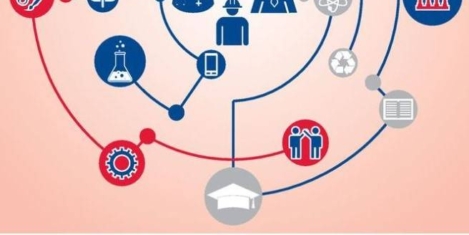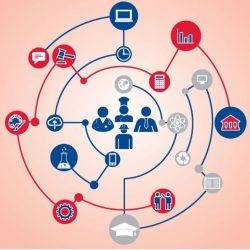To provide the best experiences, we use technologies like cookies to store and/or access device information. Consenting to these technologies will allow us to process data such as browsing behaviour or unique IDs on this site. Not consenting or withdrawing consent, may adversely affect certain features and functions.
The technical storage or access is strictly necessary for the legitimate purpose of enabling the use of a specific service explicitly requested by the subscriber or user, or for the sole purpose of carrying out the transmission of a communication over an electronic communications network.
The technical storage or access is necessary for the legitimate purpose of storing preferences that are not requested by the subscriber or user.
The technical storage or access that is used exclusively for statistical purposes.
The technical storage or access that is used exclusively for anonymous statistical purposes. Without a subpoena, voluntary compliance on the part of your Internet Service Provider, or additional records from a third party, information stored or retrieved for this purpose alone cannot usually be used to identify you.
The technical storage or access is required to create user profiles to send advertising, or to track the user on a website or across several websites for similar marketing purposes.
 The Institute for Employment Studies (IES) has published new research exploring young people’s experiences of work and the implications for their future health. Many of the issues raised are common across all age groups, but the report argues that they can be especially pronounced and harmful for younger people as they set about finding meaningful work that is also secure and well paid.
The Institute for Employment Studies (IES) has published new research exploring young people’s experiences of work and the implications for their future health. Many of the issues raised are common across all age groups, but the report argues that they can be especially pronounced and harmful for younger people as they set about finding meaningful work that is also secure and well paid.


































October 3, 2019
The art of arranging the world so we do not have to experience it
by Mark Eltringham • Comment, Flexible working, Technology, Workplace